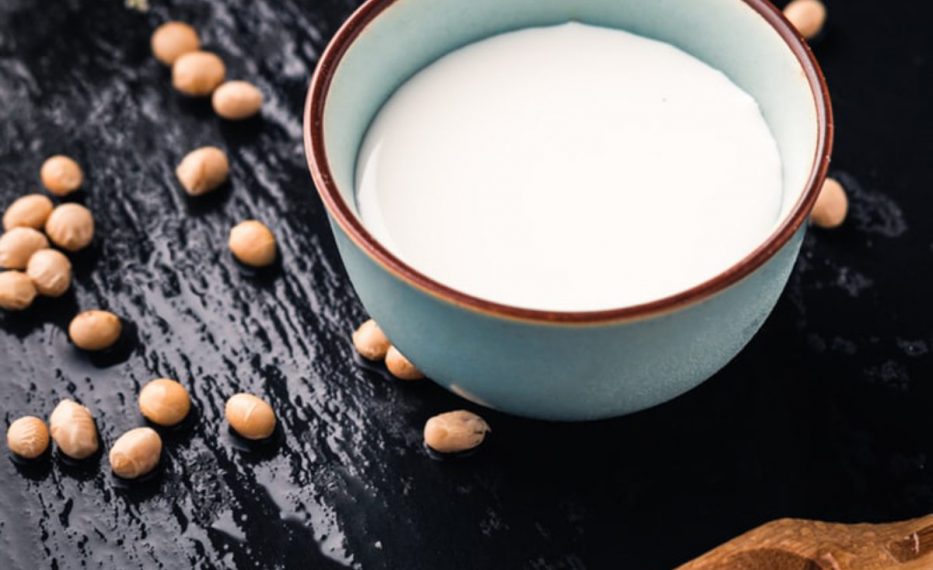I have written a detailed blog post all about how to make sure your child is getting enough calcium on a dairy free diet – link is here
Firstly, how much calcium do children need?
0-12 months: 525mg calcium
1-3 years: 350mg
4-6 years: 450mg
7-10 years: 550mg
11-18 years: 1000mg (boys) / 800mg (girls)
Breastfeeding mums: 1250mg
Important non-dairy sources of calcium:
- Fortified soya products (if tolerated) such as soya milk or yoghurt
- Fortified oat-based cereals – such as Ready Brek, Ready Oats (Sainsbury’s), Super Smooth Porridge (Tesco)
- Other fortified breakfast cereals such as Cheerios, Alphabites, Rice Krispies (check labels)
- Fish with soft bones that can be eaten – such as tinned sardines, anchovies, salmon, pilchards and whitebait
- Certain fruits and dried fruit – such as dried apricots, dried figs, currants and oranges
- Certain vegetables – such as okra, kale, broccoli, cabbage
- Nuts and spreads – such as peanut butter, almond butter, hummus and tahini paste (sesame seed paste)
Please note: Due to high levels of oxalates, which inhibit the absorption of calcium, in some vegetables particularly spinach, rhubarb, beet greens and certain beans, it is not advisable to rely on vegetables alone to meet your child’s calcium needs.
Dairy alternatives
There are also many dairy alternatives to yoghurt and cheese, which can be very helpful in meeting the calcium needs of young children. Always make sure that the product is fortified with calcium and remember that organic varieties are not fortified. Some fortified examples include:
- Oatly creamy oat fraiche (100g = 120mg calcium)
- Koko dairy free plain yoghurt (100g = 160mg calcium)
- Alpro simply plain soya yoghurt (100g = 120mg calcium)
- Koko diary free cream cheese (50g = 100mg calcium)
Please speak with a Registered Paediatric Dietitian if you are unsure or you need further advice…





